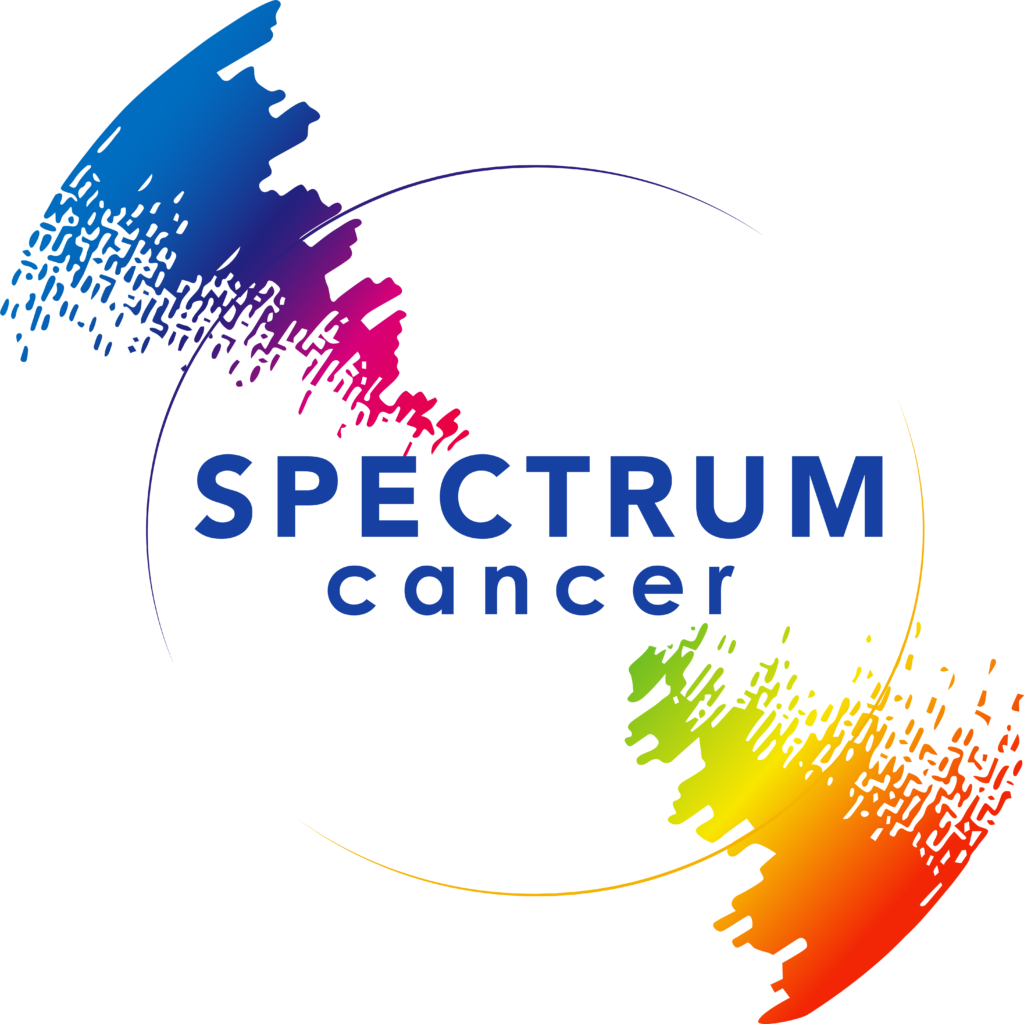Author(s)UCSF Helen Diller Family Comprehensive Cancer Center
Key Takeaways
- Advanced colon cancer frequently metastasizes to the liver, posing significant treatment challenges due to immunotherapy resistance.
- A novel combination of LIGHT overexpression and anti-CTLA-4 immunotherapy reshapes the immune microenvironment, effectively controlling colorectal liver metastases in preclinical models.
- The study highlights the potential of strategic targeting of specific signals to activate the immune system and overcome resistance in MSS colon cancer.
- Researchers are exploring direct delivery strategies for these immunotherapies to enhance their translational feasibility in clinical settings.
Advanced colon cancer is the leading cause of cancer-related death in young American men and the second highest worldwide. In the majority of these patients, as the cancer advances it metastasizes to the liver. Despite progress in surgical therapies aimed at eradicating the cancer, many of these patients will have tumor recurrence in the liver.
Now, researchers from UC San Francisco, have discovered that a novel combination of immunotherapies can reprogram the immune environment of colon cancer tumors that spread to the liver. In preclinical-lab research, this therapy often eliminated tumors entirely, offering a potential new path for treating patients with advanced colorectal cancer.
Their study appeared Oct. 8 in Science Advances.
“Given that the majority of liver metastasis are resistant to current immunotherapies, our goal was to develop new therapies to empower the immune system to recognize the cancer and attack it with durability,” said study senior author Ajay V. Maker, MD, FACS, FSSO, the Maurice Galante Distinguished Professor of Surgery, surgeon-in-chief of the UCSF Helen Diller Family Comprehensive Cancer Center, and chief of Surgical Oncology at UCSF. “We demonstrated that a novel combination of immunotherapies can reshape the immune microenvironment of colon cancer metastases in the liver, often eradicating tumor formation in a preclinical model.”
Previous research has demonstrated unprecedented responses with immune checkpoint blockade in other cancers. However, they have found that immune checkpoint blockade (ICB) did not impart clinically meaningful responses in microsatellite stable (MSS) colon cancer, which represents more than 95% of colon cancers. These tumors rarely respond to checkpoint blockade alone or in combination, and studies have shown that the response rates to ICB in many cancers are lowest when liver metastases are present.
Combining LIGHT With Anti-CTLA-4 Controlled Colorectal Cancer
To overcome this immunotherapy resistance, the researchers used strategic targeting of specific signals in and around the liver metastases to activate the immune system and synergize with immunotherapies to control the MSS tumors. Their team previously showed that overexpression of the immunostimulatory cytokine TNFSF14/LIGHT (a signaling protein) is associated with increased tumor-infiltrating lymphocytes (T cells) and improved survival in advanced colorectal cancer.
As colorectal liver metastases exhibit high levels of protein receptor CTLA-4 expression, the research team in the current study, combined LIGHT overexpression with anti-CTLA-4, leading to complete tumor control in a murine model of colorectal liver metastases. The combination of LIGHT with anti-CTLA-4 controlled colorectal cancer liver metastases by reshaping the tumor microenvironment.
“In this investigation, we show how our unique strategy can train and remodel immune responses to both recognize unique tumors and resist suppression or early exhaustion of cancer-fighting cells in a well-established pre-clinical model,” said Maker. “We are very excited by this work and are inspired to continue translation of the findings to be used in patients.”
Maker adds that they are devising strategies to strategically deliver these immunotherapies directly into the liver and metastatic tumors. Since anti-CTLA-4 is being delivered systemically in patients, he believes this combination therapy is both translational and highly feasible.
“This study is a huge step forward in our understanding of the underlying makeup of these liver metastases and shows that strategic targeting of specific signals can activate our immune system in a way that can kill these tumors,” said Maker.
Additional Authors: Bridget P. Keenan, Guilin Qiao, Nicholas Kunda, Lyonell Kone, Sophia M. Guldberg, Letizia Todeschini, Prabhakaran Kumar, Tommaso Pollini, Sophia Hernandez, Jianzhong Qin, Lawrence Fong, Matthew H. Spitzer, and Bellur S. Prabhakar.
Funding: National Institutes of Health grants R37CA238435, K08CA190855, K12CA260225,
and US Department of Defense grants W81XWH-19-1-0457 and HT9425-23-1-0674 (AVM).
About UCSF Health: UCSF Health is recognized worldwide for its innovative patient care, reflecting the latest medical knowledge, advanced technologies and pioneering research. It includes the flagship UCSF Medical Center, which is a highly-ranked specialty hospital, as well as UCSF Benioff Children’s Hospitals, with campuses in San Francisco and Oakland; two community hospitals, UCSF Health St. Mary’s and UCSF Health Saint Francis; Langley Porter Psychiatric Hospital; UCSF Benioff Children’s Physicians; and the UCSF Faculty Practice. These hospitals serve as the academic medical center of the University of California, San Francisco, which is world-renowned for its graduate-level health sciences education and biomedical research. UCSF Health has affiliations with hospitals and health organizations throughout the Bay Area. Visit www.ucsfhealth.org. Follow UCSF Health on Facebook or on Twitter.

